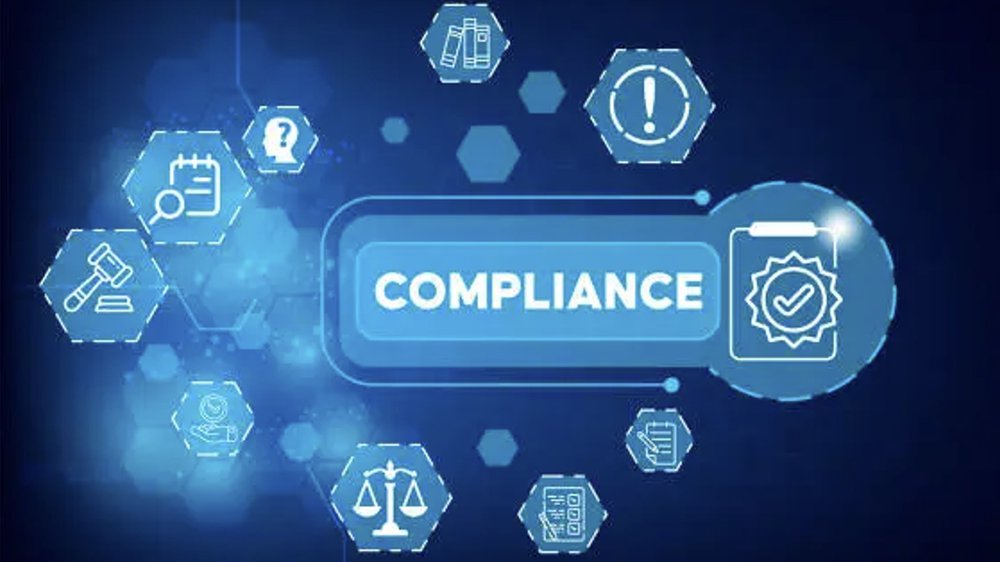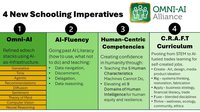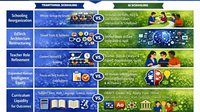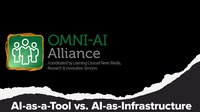The education sector is increasingly relying on tech-enabled tools to enhance learning outcomes: a LearnPlatform report showed that school systems used 8% more tech tools than last year. As a result of this adoption growth, compliance and regulations are quickly evolving to improve student data privacy when implementing technology in the classroom.
EdTech companies, or EdTechs, are also bracing for these changes in light of rising tech adoption — as security standards intensify, so must their efforts to demonstrate their compliance. Whether through reports, certifications, or other compliance audits, edtechs are beginning to work with auditors to meet demands.
Institutions are adopting new technologies at record levels, which has created new opportunities for companies focusing on the sector. The market was valued at $334.2 billion in 2023 and is set to grow to $738.6 billion by 2029. Companies showcasing their commitment to compliance will undoubtedly stand out from the crowd, giving them a competitive advantage.
For a long time, tech companies viewed compliance as an outdated, costly hassle. But that perspective is changing. Auditors today are up to speed with modern tech, meaning compliance processes now fit more naturally with how tech companies operate. So, if you're an EdTech leader, here’s what you need to know about today’s compliance landscape and how it can actually work in your favor.
Modern Compliance Enables Company Operations
Tech companies thrive on around-the-clock productivity, fast growth, and building as they go. Whenever they partner with other businesses, they expect them to work at the same speed. However, when thinking of compliance, tech leaders might reference extensive paperwork and constant interruptions. This doesn’t exactly fit a modern company’s plans.
This is why auditors have adopted tech tools to support companies in their compliance efforts rather than slowing down their progress. This is especially true for the EdTech sector, where regulations seem to move as fast as technological advancements.
Modern governance, risk, and compliance (GRC) tools are a great example of such evolution. These software programs kickstart compliance for tech companies by seamlessly monitoring and gathering information. They connect with developer tools like GitHub to verify security practices without interrupting engineer workflow. This way, auditors can bypass lengthy paper forms, extensive meetings, and numerous questionnaires to automate the intake process with GRC programs.
Adopting tech tools themselves, today’s auditors are knowledgeable about the programs and general practices EdTechs use. This allows them to add value by sharing relevant experiences.
Going Beyond An Extra Expense
Schools require their tech vendors to follow specific security protocols like FERPA and COPPA — often verified through certifications, reports, or questionnaires. One of the most in-demand reports is the SOC 2 report, a framework that’s highly adaptable to each company while still meeting school district requirements. Far from a burden, compliance is becoming an asset.
SOC 2 reports, for example, show clients how a tech company manages sensitive data with transparency. These reports give EdTechs a clear way to demonstrate security practices and assure schools that data is handled responsibly. Through this process, compliance becomes a sales asset rather than an added cost—helping businesses pass vendor checks and streamline security requirements.
Gaining a Competitive Edge
Debunking the most pressing industry myths — that compliance creates business interruptions and represents an unnecessary extra expense — helps EdTechs realize that demonstrating their data security practices through certifications and reports can give them a competitive edge.
In such a highly regulated industry, reports like SOC 2 in the US offer tech companies the freedom to continue growing while meeting the evolving security requirements of school districts. Although it might not be evident to EdTech leaders, passing on these audit opportunities might close many doors for districts vetting their providers with these increasingly popular reports and other certifications like ISO 27001.
Companies embedding compliance into their operations and demonstrating their data safety are forging a path toward more business potential and frictionless vetting processes, facing fewer drawbacks as compliance standards evolve in the education sector.
Understanding that compliance is much more than a box to check and rather a profitable practice will hopefully encourage EdTechs to start conversations with auditors and plan the best course of action for their compliance journey. While the industry may have relied on outdated processes not so long ago, it has made strides with tech developments in recent years to improve evaluation practices and the overall compliance experience for EdTechs.
About the author
Mike DeKock is Founder and CEO at MJD Advisors.











